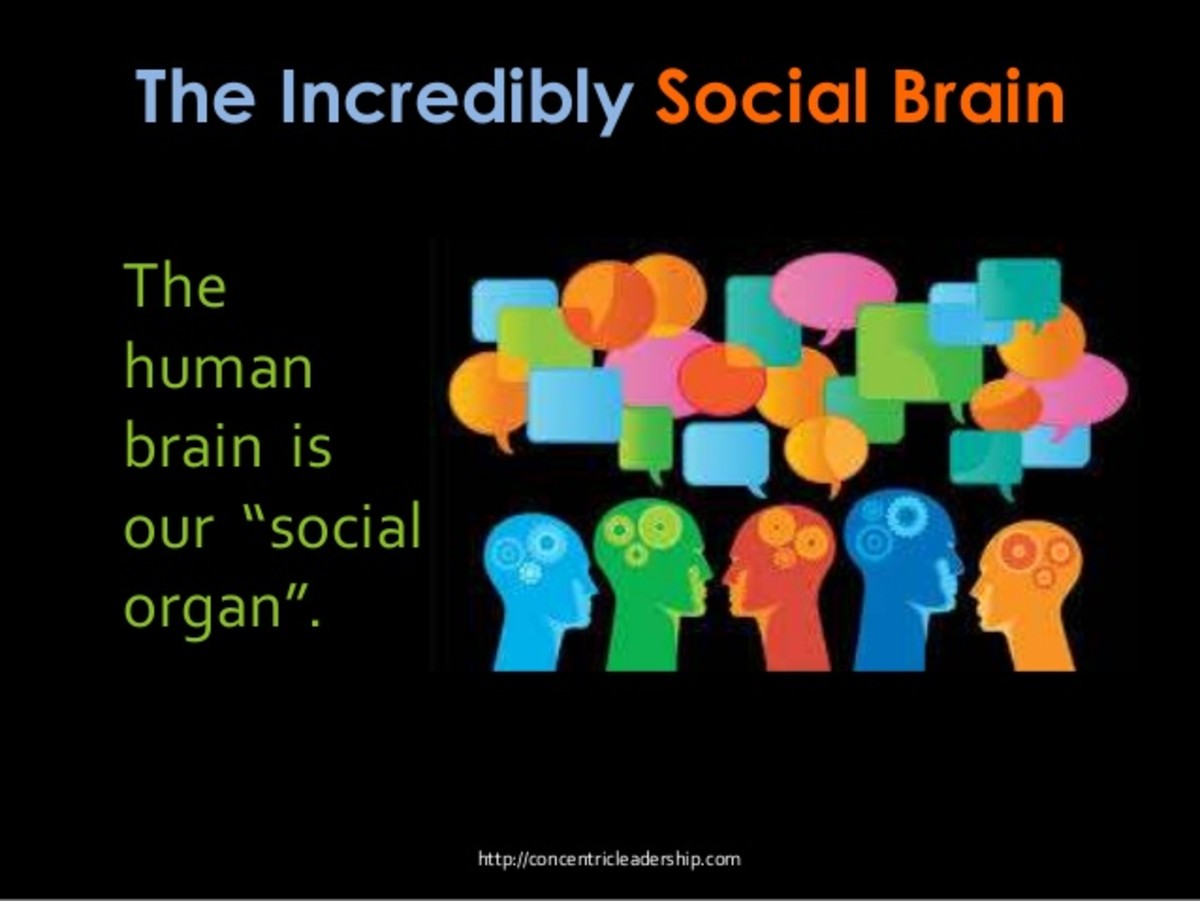Why we are lying?
Unlike other living beings (who lie for survival), humans lie with awareness. I will try to Explain Why we are lying, why lying is harmful to adults but not bad for children.
Living beings that use deception do not intend to lie. They just do it and their behaviour is related to survival. However, in the human species, lying is an important social skill that is worth understanding.
It is not easy to lie. It requires being aware of the truth and repressing it, inventing a credible story, evaluating the interlocutor's reactions, adapting the story if necessary and making the ethical decision to transgress a social norm. These actions are controlled in the Prefrontal Cortex of the brain, which performs processes of planning and regulation of emotions and behaviour. (reference)
These are the characteristics of a liar: manipulator, good actor, expressive, attractive, adaptable, spontaneous, convincing, capable of handling guilt and fear, playing with words, giving unverifiable answers, hiding information, Say as little as possible in response to specific questions, intelligence, good memory, adherence to the truth in what is convenient and ability to detect when people suspect him.
The lie has a very broad spectrum, it includes the dimension of the false form of social adaptation to mental pathologies. Mental health professionals see lying as something pathological when it is so persistent as to negatively affect the life of the liar or those who are lying.
Research suggests that the most extreme forms of lying are associated with a specific neurological pattern: a minor memory deficit combined with the deterioration in the frontal lobes of the brain, which assess information critically. In such cases, the person suffers from the inability to assess the accuracy of what he says, therefore, tell lies as if they were true.
Five varieties of lies that are common in people with personality disorders are generally described.
Manipulative lies are common in antisocial personality. As sociopaths feel no remorse or empathy for their victims, they are able to tell the coldest lies.
The melodramatic lies, which want attention, are common in the histrionic personality.
The grandiose lies are characteristic of the narcissistic personality, because of the deep need to win the constant approval of others and urge to present oneself in the most favourable way.
Evasive lies are typical of the borderline personality disorder, which with their chaotic moods and impulsive actions, constantly get into trouble. These lies seek to avoid guilt or transfer responsibility for their problems to others.
The compulsive person, who is generally scrupulously honest, lies before aspects of his life that can produce embarrassment.
However, different investigations report that lying plays a positive role in the mental development of children. Interestingly, the ability to lie is a natural result of a child's development.
Learning to lie, two important cognitive skills must be developed. One is the ability to recognize and understand social norms and what happens when they transgress, and the other is the ability to imagine what another person is thinking or feeling. This usually occurs at three or four years and the ability improves with age. People between 18 and 29 years do it better, but the skill declines after 45 years.
When the child discovers that adults do not know everything, they learn to lie. Despite the concern of the parents, the emergence of this behaviour in young children is seen as a reassuring sign that their cognitive growth is on track.
At least half of the children of 3 years and 80% or more of the children of 4 years lie to avoid criticism or punishment, call attention, get something or meet expectations, and it occurs more often when they are testing their independence. Most of the lies they say have few consequences apart from supporting the fragile self-confidence. However, in only about three percent of children think, lying is so constant as to be a serious problem.
It is interesting to note that research has shown that children who present this type of lies have better skills to control impulses and stay focused on their tasks, as well as a greater ability to see the world through the eyes of other people.
What can be done:
- The base is a relationship of trust.
- Observe what lies behind the lie. Do you want to draw attention, avoid criticism or shame, a very fertile imagination or something else?
- It is good to avoid situations where you may want to lie.
- Emphasize the importance of sincerity and trust.
- Give an example of sincerity.
- If the lies have become habitual and especially if they are accompanied by behaviours such as stealing, damaging the things of others, hurting animals or people, it is need to seek professional help.







